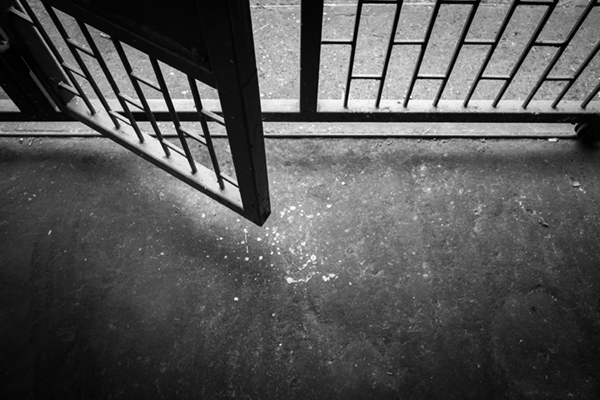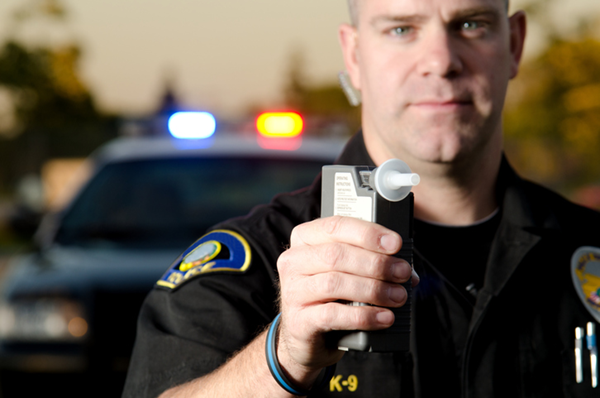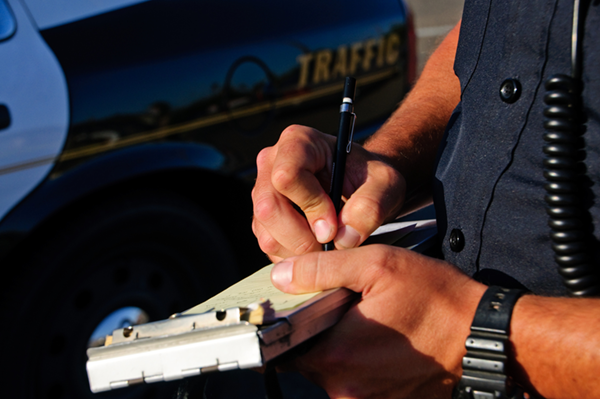
OVI – Am I Eligible for a Driver’s Intervention Program?
November 19, 2019
OVI Penalties in Ohio
November 19, 2019
Frequently Asked Questions About OVI
1What is the proper term to use in Ohio? Is it DUI, OMVI, or OVI?
While the correct acronym to use is less important than understanding that the charge is a very serious one that you should not face without an attorney, we at Walker Novack Legal Group prefer to use the short-hand, “OVI,” for “Operating a Vehicle while Impaired.” In sum, to be convicted in Ohio of the charge, the State is required to show exactly that: you operated a vehicle while impaired by alcohol or drugs, or a combination of both. Other acronyms such as “DUI” for “Driving under the Influence” or “OMVI” for “Operating a Motor Vehicle while Impaired” can be misleading. First, it is difficult to define the term “under the influence” as opposed to “impairment” and second, the charge does not require that you drive a vehicle equipped with a motor: riding a bicycle or horse-drawn carriage while impaired can also lead to an arrest and charge for OVI.
2Can I get stopped even if I didn’t violate any traffic laws?
Yes. You may be stopped by law enforcement if you display indications of erratic or impaired driving, such as weaving, applying your brakes inappropriately, or varying your speed within a single speed zone. The question becomes whether the officer had a reasonable enough suspicion to pull you over for such activity. A single swerve, minor drift, or small deviation in speed may not be enough, but multiple or obvious such actions might be. You need an experienced attorney to analyze the facts of the case to determine if such a stop was proper under the law.
3I was pulled over for not having a light on my license plate and charged with OVI. Was that “B.S.” reason good enough?
Yes. Unfortunately, even the smallest traffic violation gives the officer sufficient probable cause to pull you over. Police look for any reason to pull someone over particularly when it is late at night and in an area near drinking establishments. Some of the more common reasons for an officer to pull someone over include: Stopping beyond a clearly marked stop bar with the front tires; turning without a signal; turning into an improper lane; driving completely over a marked lane; and any type of vehicle equipment problem, such as a light that is out.
4I was pulled over by a State Highway Patrol Trooper on a side street. That’s not his jurisdiction since I wasn’t on a state highway. Am I right?
No. The jurisdiction of the Ohio State Highway Patrol is the entire State of Ohio, regardless if you are driving on an interstate highway or the street where your home is located.
5Am I required to step out of the vehicle and take Field Sobriety Tests?
No. Once stopped, an odor of alcohol, bloodshot eyes or slurred speech will likely lead the officer to ask you to step out of your vehicle to take the Field Sobriety tests. But even if the officer asks nicely, or commands you forcefully, you are NOT legally required to perform any of these tests. They are only designed to help the officer determine your condition and provide a basis for him or her to arrest and charge you with OVI. Politely refusing to submit to these tests will prevent you from possibly incriminating yourself.
6Can I be charged with OVI even if I didn’t take the Field Sobriety Tests?
Yes. You may be arrested or even convicted for OVI even without taking the Field Sobriety Tests based upon the officer’s observations of your driving, behavior, and statements that you voluntarily made such as admitting to spending time at a bar or having a few drinks before driving. That is even true if you refuse chemical tests as well. You need an experienced attorney to determine if the officer had enough under the circumstances to charge you with OVI and whether the officer’s testimony will be strong enough to convict you at trial.
7Can my license be suspended for refusing the Field Sobriety Tests?
No. However, if arrested for OVI, your license will be automatically suspended if you refuse to submit to chemical testing, based on Ohio’s implied consent law. The Catch-22 with taking the breathalyzer test, which is administered at the station and gives the officer an immediate result of your blood alcohol level, is that any result over .08 will also result in an immediate license suspension. If you test over on a blood or urine test, which is usually not known for several weeks because it is sent to a lab, your license will likely be suspended later. The experienced attorneys at Walker Novack Legal Group will work to help you get occupational driving privileges in the event of an administrative license suspension based on refusing chemical tests or testing over the legal limit of .08.
8Can I get occupational driving privileges if my license is suspended while my case is pending?
Yes, in most cases. Most county judges will grant limited occupational driving privileges. But there are a few judges who will deny the request if you refused to submit to chemical testing. Other judges will grant them only if you agree to place an interlock device on your car. In addition, there is a required “hard time” waiting period before privileges can even be considered, which varies depending upon your driving record. For a first offense you can not get driving privileges at all for the first fifteen days following the suspension. The experienced attorneys at Walker Novack Legal Group will assist you with all the issues relating to your license suspension and obtaining driving privileges.




